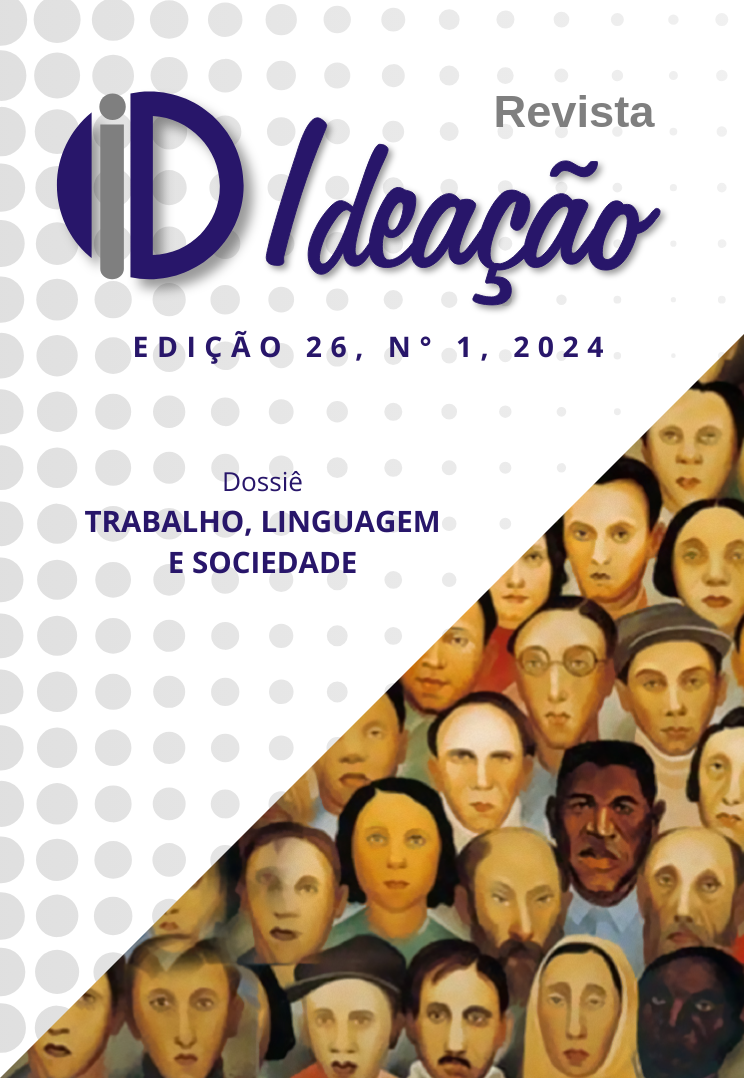Insights into the social circumstances of the rural workers in the novel Crooked Plough (2022), by the Bahian writer Itamar Vieira Júnior
DOI:
https://doi.org/10.48075/ri.v26i1.31920Keywords:
Itamar Vieira Júnior; Trabajador rural; Realidad quilombola; Lucha por la tierra.Abstract
This paper aims to reflect on the social circumstances of farm workers, heirs to more than three hundred years of slavery, based on the main protagonists of the novel Arado torcido, by Bahian writer Itamar Vieira Júnior. In this work, the writer brings to light the realities of the inhabitants of Água Negra, a fictitious farm made up of a Quilombola population who, like many of our ancestors, survive in conditions analogous to slavery, working day and night in exchange for survival. They are children and adults who carry with them the deep marks of a past that has had dire consequences to this day, but who learn to dream and are capable of taking up the struggle for a better world. On the other hand, the author highlights the importance of the struggle for the land and for human dignity, using his literature as a vehicle for social transformation. All of this with the intention of helping to ensure that the same mistakes of the past are not repeated.
Downloads
Published
How to Cite
Issue
Section
License
Copyright (c) 2023 Direitos partilhados conforme licença CC BY-NC-SA 4.0

This work is licensed under a Creative Commons Attribution-NonCommercial-ShareAlike 4.0 International License.
Authors who publish in this journal agree with the following terms:
1. Authors maintain copyright and grant the journal the right of first publication, with the work simultaneously licensed under the Creative Commons Attribution License that allows the sharing of the work with recognition of authorship and initial publication in this journal.
2. Authors are authorized to assume additional contracts separately, for non-exclusive distribution of the version of the work published in this journal (e.g., to publish in an institutional repository or as a book chapter), with acknowledgment of authorship and initial publication in this journal.
3. Authors are allowed and encouraged to publish and distribute their work online (e.g., in institutional repositories or as a personal page) at any point before or during the editorial process, as this may generate productive changes, as well as increase the impact and citation of the published work (See The Effect of Free Access).
Creative Commons License
This work is licensed under a Creative Commons Attribution-Noncommercial-ShareAlike 4.0 International License, which permits sharing, copying, distributing, displaying, reproducing, the whole or parts provided it has no commercial purpose and the authors and source are cited.


